There have been many books on the subject of diet written in the past 30 years, and it feels like I have read them all. I am sure that you have read nearly as many as I have. Most of these books view our society’s weight problem as a problem of consumption. The various plans either try to solve the problem hormonally, through the suppression of insulin via a lowered carbohydrate intake, or through portion control of various means. These books have all met with varying degrees of success, and some are scientifically sound. But one thing keeps happening over and over again; people keep writing more diet books. Our problem with obesity has not been fixed, and as you know has only gotten worse. The First Lady of the United States has made it her personal crusade while in the White House to try to influence our society and specifically our children, to eat healthy and exercise. I applaud her for her effort, but I do not see it making much of a dent in the statistics.
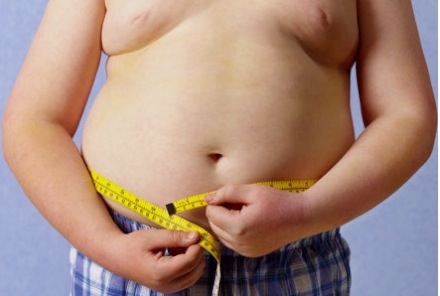
All of the books, the First Lady, the celebrity weight loss shows have one thing in common; they look at our obesity problem as a defect in our behavior. They say “If you establish healthy behaviors you will defeat obesity” and “ People need to make better food choices”. All of this is predicated on the belief that people are willingly making bad choices, see an alternative, and can physically make a different choice. You do see some success stories. There is the occasional very large weight loss, or the middle-aged guy who finally rids himself of those 20 pounds he has held on to around his midsection for the last 15 years with a diet of meat and cheese. But the rarest of all the weight-loss storybook endings just happens to be the “and kept it off permanently” variety. It is truly a sad fact of our modern dietary experience that re-gaining previously lost weight is much more common than keeping the weight off. In fact, a recent study indicated that 31 percent of all dieters regain the entire amount of weight lost on any diet within 6 months of the cessation of that diet. That is simply a staggering statistic.
These facts bring up the proverbial million dollar question: If obesity is simply a behavior problem, and if we can correct that behavior problem for a significant period of time (lose our desired weight), then why do such a large percentage of people re-gain the weight that they lost? Why would an individual suffer through several months of dieting, restricting his calories or fat or carbohydrates through behavior modification just to turn around and adopt those same poor behaviors again, regain the weight and basically waste all of the effort they expended over that period of time? You and I both know that they would not willingly do this. Something more is at play here. Something that really takes the behavior choices out of the hands of the individual. That something is addiction.
It will be my objective, over the course of time, to lay out a case for food addiction as the primary reason for the increase in our society’s obesity over the past 30 years. In particular, it is addiction to sugar which is to blame. Chronic consumption of sugar causes numerous physiological changes in our brain which are synonymous with the changes caused by drugs of abuse. I will also show how sugar is metabolically different from other sources of carbohydrates, proteins, or dietary fat and how that difference makes it a physiological disaster to your long term health and well being. I will also show that, the reason for the rise in obesity over the past 30 years happens to coincide exactly with the increase in sugar and sugar additives in our food supply in the same time period. The increase being a financial boon for certain industries in our country and how the low fat craze of the late 70’s and early 80’s actually opened the door for this abuse to take place.
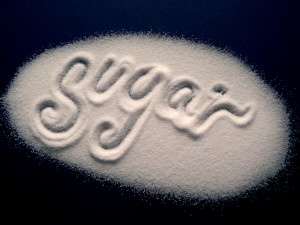
I will then share with you a plan to truly address the problem of sugar addiction. A program not unlike the one which has been used for years in treating patients who are victims of other substances of abuse. This program will provide an assessment of your current level of sugar consumption, a plan to easily taper down from that level, and a program to successfully transition you to the natural diet which we were intended as a species to survive and thrive on.
How I Got Here
I began to look at the problem of obesity at a very young age. I didn’t do this out of any intellectual curiosity at the time ( thanks to Indiana Jones I wanted to be an archaeologist when I was 12), but rather out of the necessities of my world. I was a fat kid. My mother was a child of the late Depression era in rural Appalachian East Tennessee. She grew up mostly hungry as a child, and even as a young adult her and my father sometimes struggled to put enough food on the table for my older two siblings. By the time my little brother and I came along in the late 1970s, my father had a good stable job on the railroad. In our little town, it was one of the best jobs to be had. So we never had to go without. Unfortunately my mother just happened to be the first sugar addict that I met in my life. Her eyes still light up like Christmas morning at the mentioning of a cake or chocolate pinwheel cookies. Needless to say, sweets were in great abundance in my childhood home.
There wasn’t a whole lot of structure to the kids acquiring them either. We didn’t have to sweep the floor or mow the grass or take out the garbage to earn a piece of candy, we simply ate one…or three. No one saw anything wrong with eating a lot of sugar. I certainly didn’t see a Saturday Morning Schoolhouse Rock telling me to avoid eating snack cakes because I would become as big as a house. There was an occasional comment that eating sugar would “give you diabetes” by my mother, but it was just a comment. My pediatrician also said nothing to my mother about my diet or obesity. She had plenty of opportunity, as I visited her quite frequently due to stomach pains and other gastrointestinal complaints that she passed off as a “nervous stomach”. ( I would later discover these ailments were diet-related) She would follow the allopathic medical script religiously; write me a prescription for the symptoms and send me home. this continued as long as I went to her.
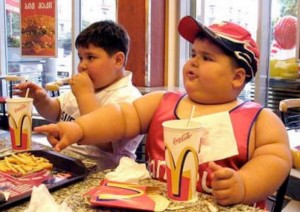
I say all of this not to try to say that there was anything wrong or deficient with my upbringing. My mother is the greatest, kindest women I have ever known. Had she known the dangers of the diet she was feeding her children, she would have stopped it immediately. I bring up my childhood diet and its problems because it is absolutely typical in our society. Parents feed their children poorly and the pediatricians are disconnected from that part are the child’s health. Limiting dietary fat is their only general nutritional macronutrient recommendation for children older than two.

As I grew up I was an active and extremely happy child. I participated in every sport, even excelling in some, and had many friends. Despitte all of this activity, I was still very overweight. When adolescence came around and females started to be noticed, the weight around my belly became an issue. The slim among us have no idea what a deterrent a big belly is to securing a date to the school dance. After being turned down for the first couple of dances, I made the connection between the ice cream, my belly, and the rejection of the pretty girl in the corner. I decided I must do something about it. I went on a simple diet, mostly eliminating the sweets, and lost the weight I needed to lose right in time for high school. But as time went on I continually battled with sugar and weight gain.
It was in high school where I began having a real interest in the science of nutrition. It was the early 1990’s, during the height of the low fat craze that swept the world. I recall one of my good friends older sister being very overweight and frustrated to the point of tears that no matter what she did, the weight just wouldn’t come off. As she talked further she mentioned that she ate no fat and that she had even substituted her regular candy bars with fat free devil’s food snack cookies and the weight wouldn’t budge. Even as a teenager with zero scientific knowledge or training, this perked my ears up. I remember thinking that there is something more going on than just the general public consensus that dietary fat was unhealthy and made you fat. So I stored that little curiosity away in the back of my mind and moved on. Throughout high school and undergraduate training, I began developing a deep interest in nutrition while training for the sports such as weightlifting and bodybuilding that I became involved in. I read whatever popular information there was at the time about nutritional science, soaking up everything I could. But no matter what, I continued to struggle with my own weight fluctuations. It seems I would always be gaining and losing the same 20 pounds year after year. I became a master of losing weight and getting into great condition. I could get down to single digit bodyfat levels right on schedule for a competition or for summer vacation. It was tedious work, but I knew almost exactly how many weeks it would take me eating my monotonous low calorie, low fat diet and exercising before I reached my target bodyfat level. But just like clockwork, when I came off of the strenuous fat loss diet I would regain the 20 pounds. Of course this was extremely frustrating but I accepted it as just part of life. My body simply would not maintain a weight that was so low.
The most interesting part of these diet episodes was, when beginning these dieting periods, I noticed that for the first four to seven days that I would feel absolutely terrible. I would have terrible headaches, my eyes became sensitive to light, I would have a lot of trouble sleeping, and I had one thought constantly on my mind; sugar. Getting my mouth on a cake, pie, or candy bar was almost all that I thought about. The feeling was the most intense for the first week, but lingered on in the background of my mind for three or four weeks. Then, I was fine if I made it through those first few weeks. Several times I did not. I gave in and ate the sugar, and ate a lot of it. When I did, all was right with the world. The headache disappeared, I slept like a baby, and I felt calm and relaxed during the waking hours. I thought about this at length through undergraduate training and it was then that I started thinking that the sugar itself may have some addictive properties and what I was experiencing was withdrawal.
I had always been very interested in the science of addiction. My family, like many others, have had several family members who have struggled constantly with substance abuse. I have witnessed first hand the power that substances have over the life of an addict; from the personality changes during a binge, the negative effect that it has on the family structure, and the price that the addict pays to society when his addiction becomes more than he can contain inside their self. I have also witnessed the effects of withdrawal on the health of my loved ones. I have seen the discomfort, heard about the headaches, watched as nights of sleep were lost. Addiction influenced my decisions as an adult in many ways. When I became a pharmacist, I did so in large part because of the curiosity I had in pharmaceuticals and their therapeutic uses which I first took an interest in from seeing the harm that they could cause by being used inappropriately. In a way, I wanted the deepest understanding of pharmacology that I could achieve so that I might understand my personal life better. Many professionals I have heard speak on their career choices have stated a similar reasoning for their choices.
Pharmacy school was the vehicle which allowed me to really fill out the science behind addiction. The physical and chemical properties of the pharmaceutical agents became de-mystified. I was able, as a clinician, to see the ghost in the machine of addiction. After three years of didactic (classroom) training in pharmacy school, a candidate completes a a fourth year of clinical rotations. These clinical rotations are largely of your choosing and are very diverse in their scope. When it came time for me to select my elective rotations, I jumped at the chance to do a rotation in substance abuse. The setting was an outpatient substance abuse clinic in metropolitan Atlanta. There were individuals addicted to just about every substance you can think of that can be abused in that clinic; an 18 year old addicted to sniffing paint, a heroin addict in recovery, crack addicts from the inner city, and alcoholics. All were in various stages of the recovery process and for the most part they were all very physically different from one another. The one thing they had in common was their lives were dramatically affected by a substance.
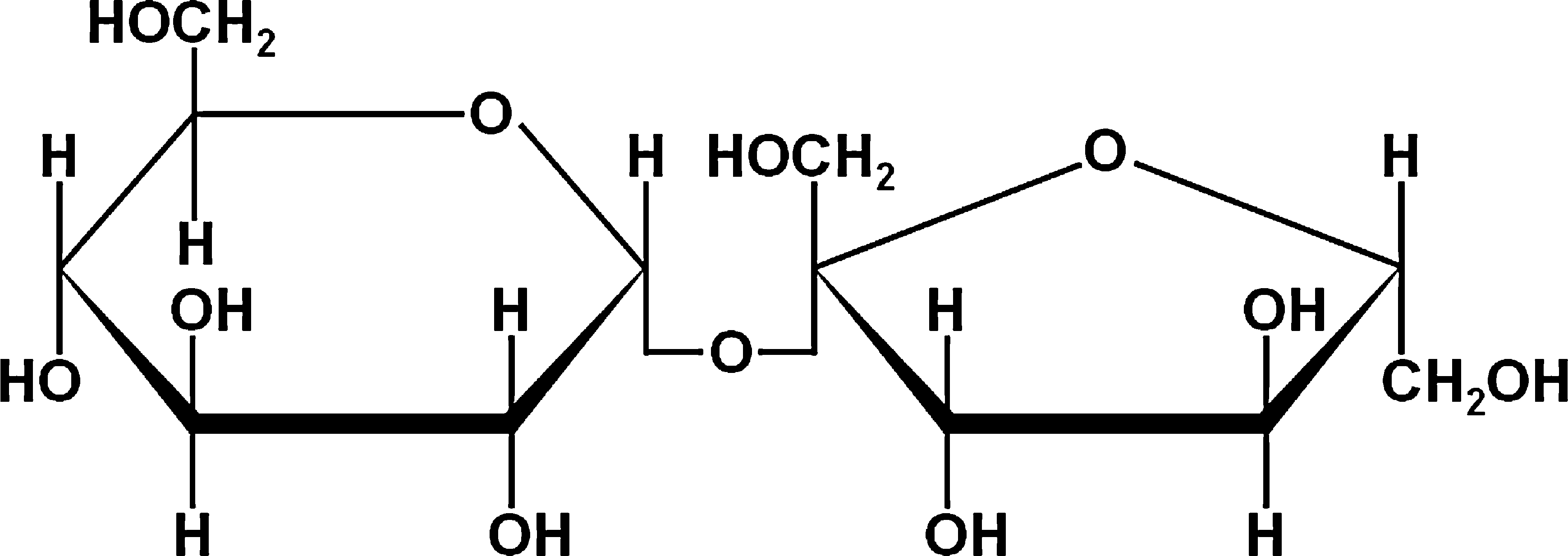
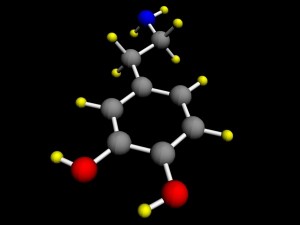
It was right around this time that I began to see the connection between the pharmaceutical agents that were crippling the members of the abuse clinic and the substance was causing me and many of the people that I knew so much grief with our waistline and health. I began looking into the science behind sugar addiction and found that there is compelling evidence already in the scientific literature. I applied these scientific principles to my own diet and have completely and permanently cured myself of the affliction of the addiction to sugar. In doing so I developed a program that I believe is the easiest, quickest way for sugar-addicted individuals in our modern society to forever cast off the shackles of yo-yo dieting, weight fluctuations, and low self esteem that comes with not living up to your own expectations.
I am sure some of you are already asking yourself “what is the point of all of this? Why is this pharmacist equating a substance that we all know and love as a harmless treat with a disease as serious as addiction?” It is a difficult realization for all of us. Aside from a few forward-thinking scientists and medical doctors, there really is no one in our society who is even giving serious consideration to this subject. After all, sugar is a natural substance which we have used in one form or another for thousands of years. We received it as a reward for washing the dishes or taking out the trash as a child. We give it to our on children when they do the same. We put it in our coffee in the morning to make it taste better. The word “sugar” has a completley positive connotation in our language. Where I am from in the south, calling someone “sweet”, “sugar”, or “honey” is a positive affirmation for how you feel about that person. How can it possibly be, with all of our history and positive associations with this substance, that sugar is actually both harmful to our health and addictive by itself?
As with most problems in our modern society, the reason this natural substance has been transformed from sweet treat to dangerous substance lies with what we in our infinite wisdom and hubris have transformed the natural substance in to. Our modern processing has made it possible to extract this substance from seemingly unpalatable crops such as corn and beets, concentrate it down into its purest chemical form, and then put it in nearly every commercial product that we consume today. Nature never intended for sugar to be eaten in the form that we eat it now. And for all the thousands of years of our history on this earth our bodies were only familiar with sugar when it came packaged in a large vegetable or fruit. A fruit or vegetable, it turns out, that also contained other substances which aid in the digestion and metabolism of the sugar. We threw all of that out and kept the sugar. We kept the substance that nature created to attract us to consume the fruit, the substance that nature made addictive on purpose, and threw the rest in the nutritional trash heap. Thus, sugar’s addictive properties are free to run rampant in much the same way that other purified substances do, with the natural governor taken off by us.
I hope to make a compelling case for sugar addiction in our modern society. I will attempt to show you how it started, why it started, what it is, and most importantly what to do about it. I hope that, through this knowledge, you will be able to understand the problems and pitfalls of our modern nutritional system, how to eliminate your dependence on sugar through a safe and proven program, and how to eat for the rest of your life free of the concerns and health problems that the sugar addiciton causes. This first part of the series was admittedly a long set up. But I felt it necessary to explain the background to my thinkin gon the subject in order to fully address the issue. The next part of this series we will dive deeply into the science behind addiction, and how it ties in to our modern diet of processed foods from a biological standpoint. So put your thinking caps on and get ready!

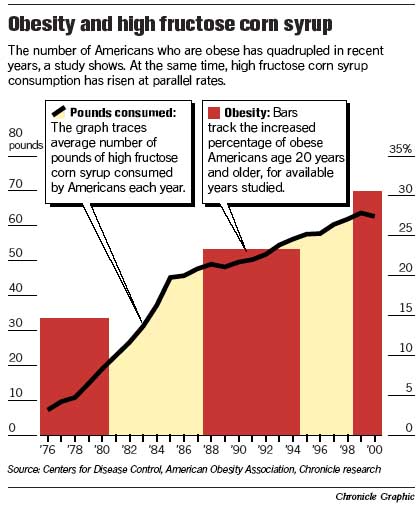


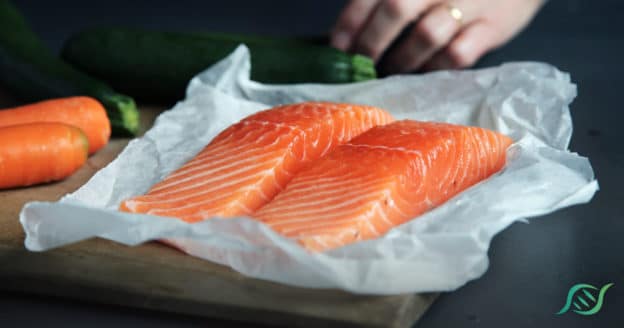

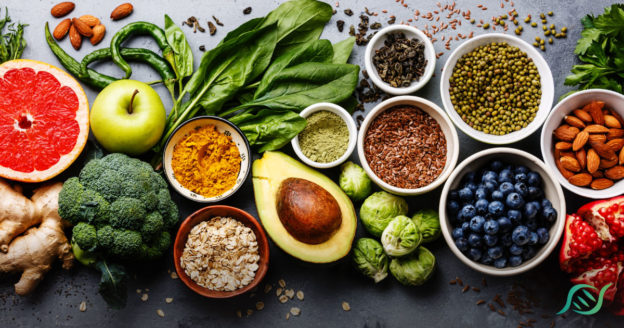






Looking forward to this series unfolding. The whole Aragon/Lustig debate has a whole army of “bro”s arguing with everyone on the Internet that sugar doesn’t cause obesity. It’s like people arguing that it’s not guns or the people who use them that kill people, it’s the bullets!